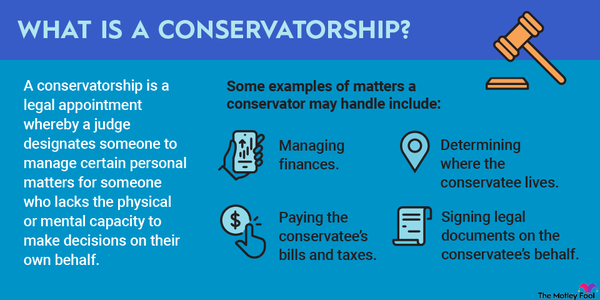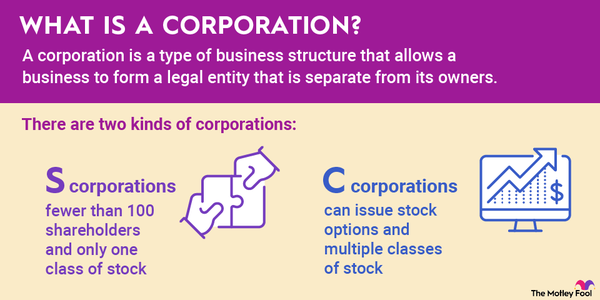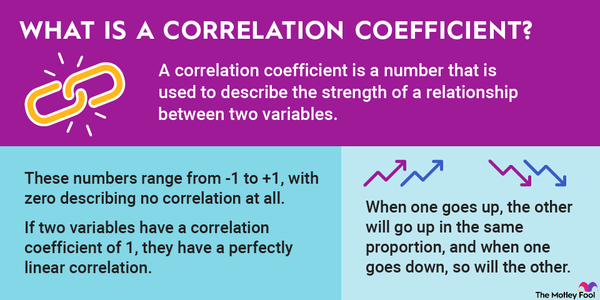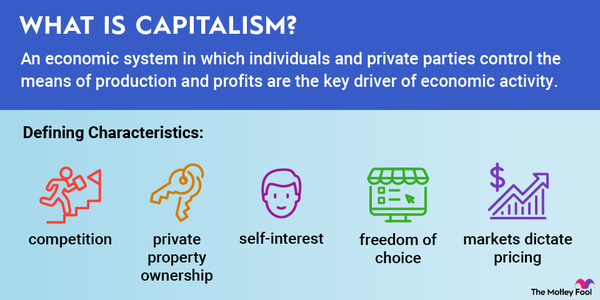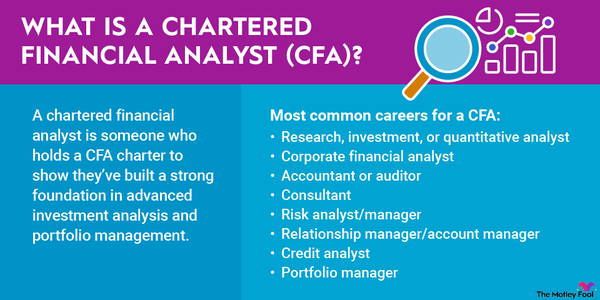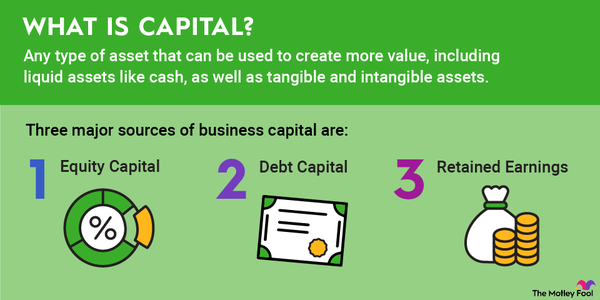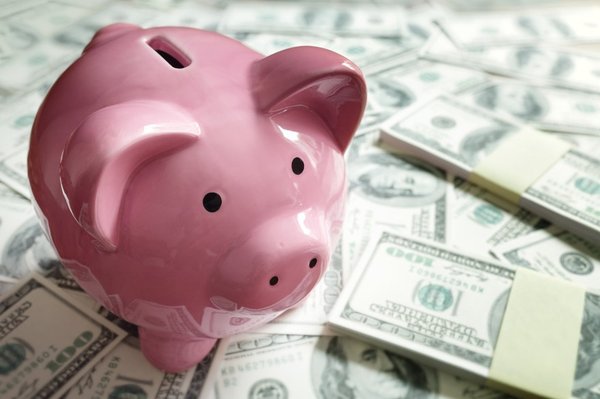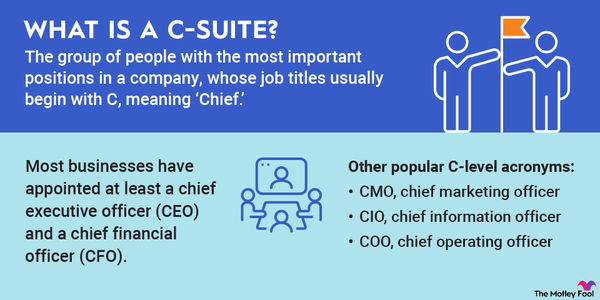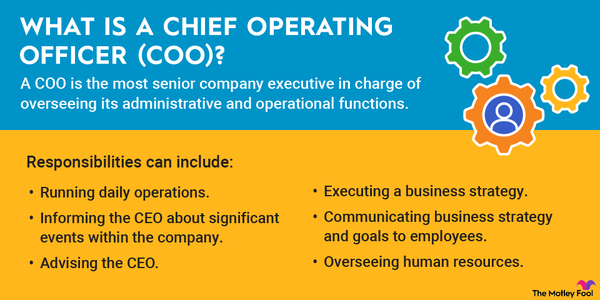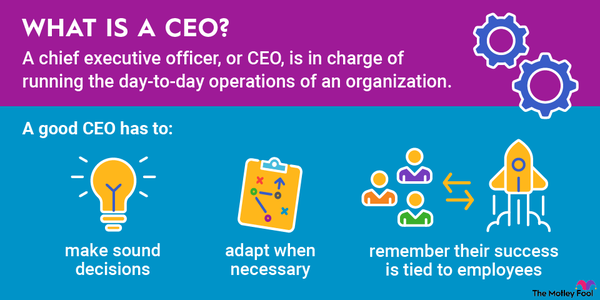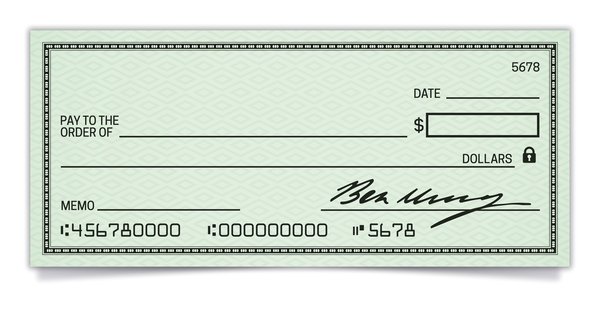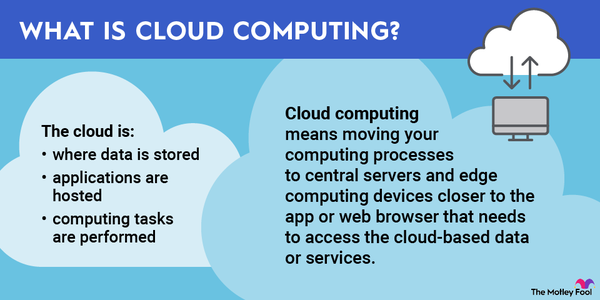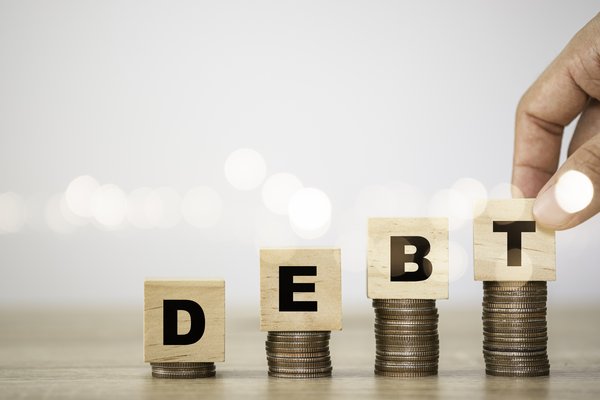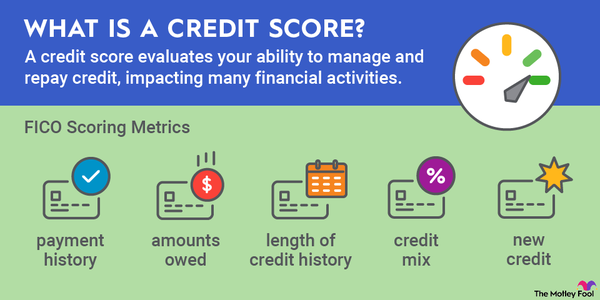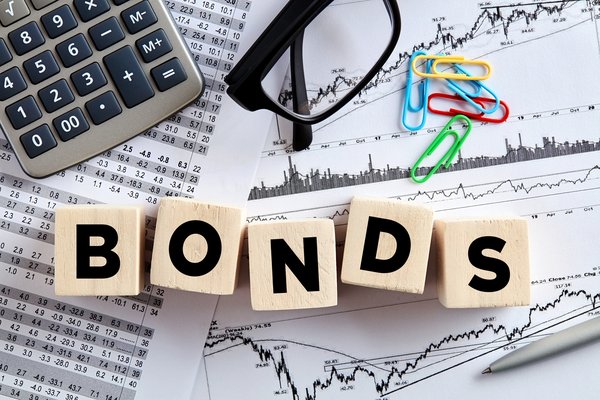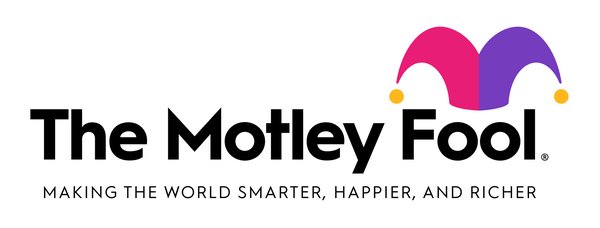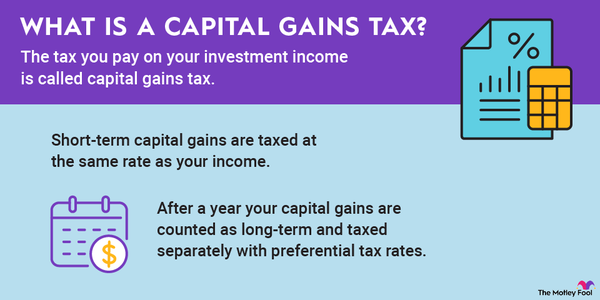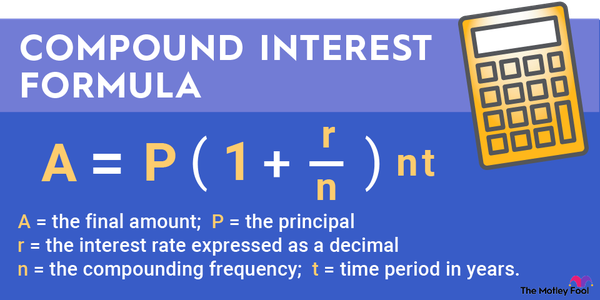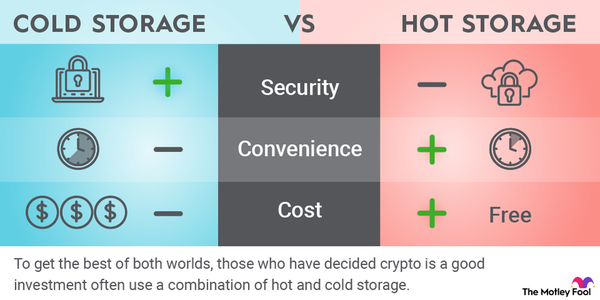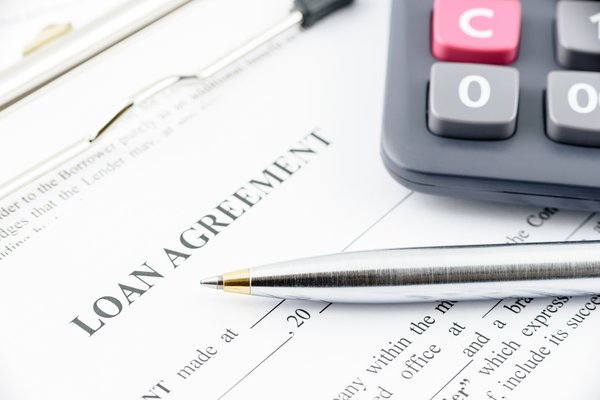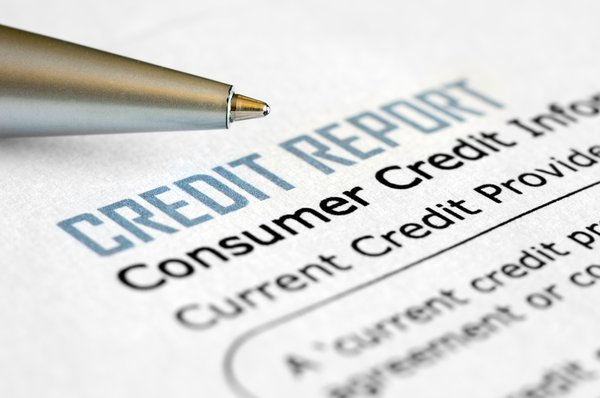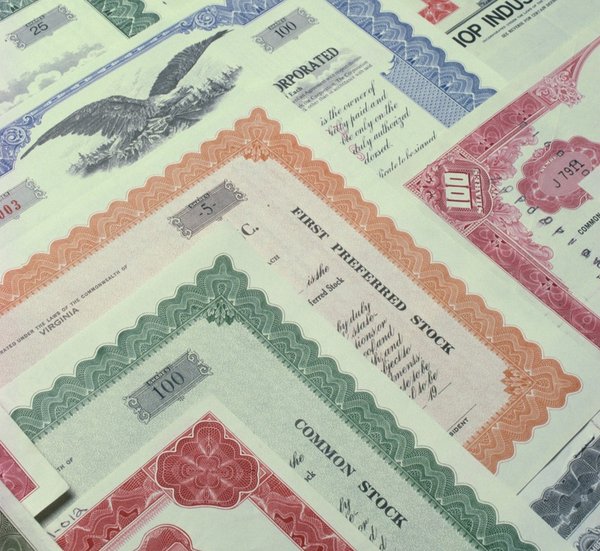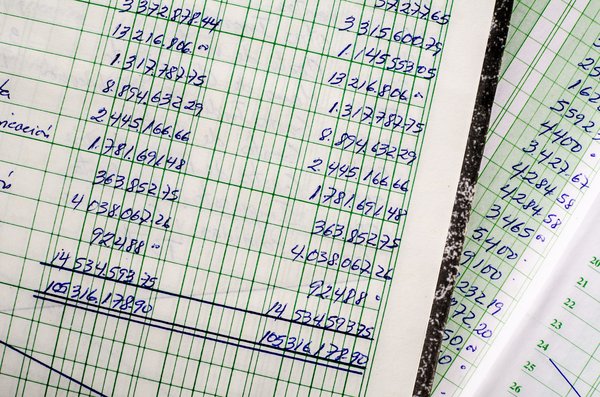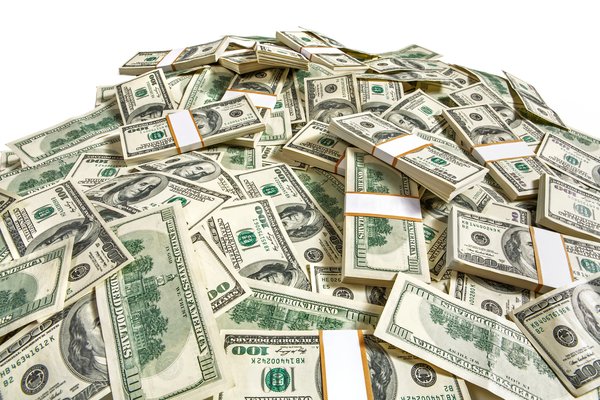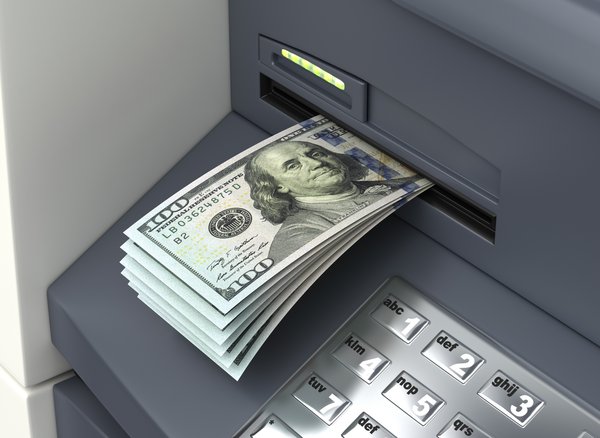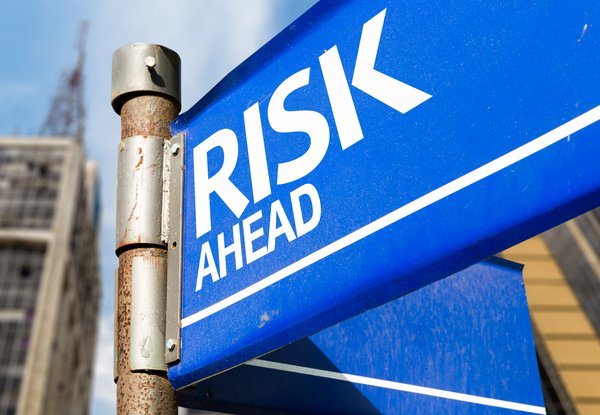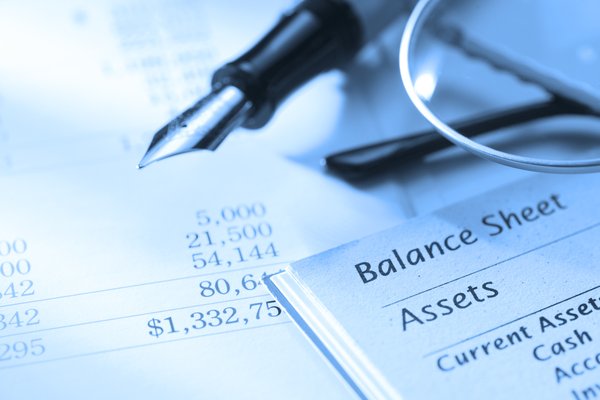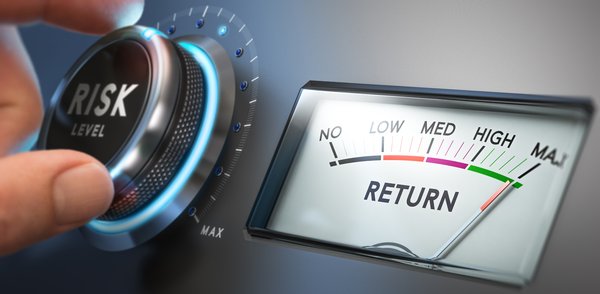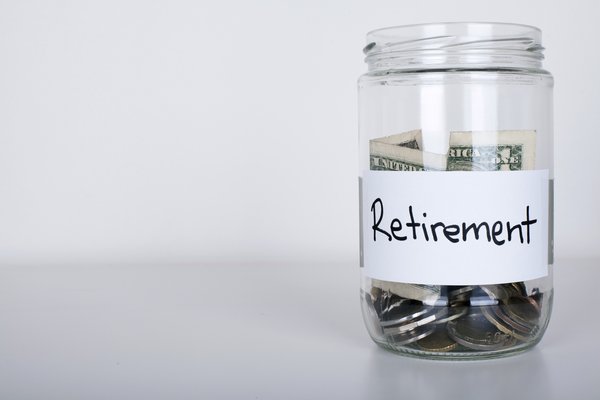Cash-on-cash return is a metric used to determine the rate of return on the cash invested in a commercial real estate or investment property. Since most real estate investors use leverage to buy properties, cash-on-cash return can provide a better idea of the value the investment produces for the cash put into the investment. It differs from cap rate and return on investment by focusing exclusively on cash flows.
What is it?
What is cash-on-cash return?
Cash-on-cash return is calculated by taking the annual pre-tax cash flow from a property and dividing it by the amount of cash invested. Cash invested includes the down payment, as well as any additional out-of-pocket fees paid to close the deal.
Cash-on-cash return is typically calculated for a one-year period, fluctuating from year to year. Investors can use a target cash-on-cash return estimate to plan the amount of cash to invest in a property and to provide an estimate for cash distributions from the investment each year.

How to calculate
How to calculate cash-on-cash return
Calculating cash-on-cash return is relatively straightforward.
Cash-on-Cash Return = Annual Pre-Tax Cash Flow ÷ Invested Equity
Pre-tax cash flow is calculated by adding rents, other operating income, and gains on the sale of a property, then subtracting operating expenses like maintenance or paying a property manager, as well as property taxes and mortgage payments.
Invested equity is simply the amount of cash the investor brought to closing.
It's worth pointing out that cash-on-cash return only looks at invested equity, so it's a leveraged metric. That differs from a metric like capitalization rate (cap rate), which uses the property's entire value to calculate returns.
What's a good cash-on-cash return?
What's a good cash-on-cash return?
A good cash-on-cash return depends on the person investing and the types of properties they're investing in.
A good rule of thumb, however, is to look for a cash-on-cash return of at least 8% from a prospective investment. Anything lower, and you might be better off putting your cash to work in a different investment.
Consider that the S&P 500 has historically returned almost 10% annually for the last 95 years if you reinvested dividends. Although real estate may provide a nice diversifying asset for a portfolio, a simple index fund investment could provide significantly more upside than a subpar real estate investment. Plus, it has the added advantage of being extremely easy to manage compared to commercial property or other real estate holdings.
Related investment topics
Cash-on-cash return vs. cap rate vs. return on investment
Cash-on-cash return vs. cap rate vs. return on investment
Cash-on-cash return isn't the only metric real estate investors use to assess a potential addition to their portfolio. Many investors will also look at the capitalization rate and the expected return on investment.
- Capitalization rate, or cap rate, is the annual net operating income as a percentage of the value of the property. It removes debt entirely from the equation, so there's no cost of servicing a loan factored into the cap rate. It also removes the impact of using leverage. The cap rate is equal to the cash-on-cash return if no debt is used to purchase a property.
- Return on investment (ROI) is similar to the cash-on-cash return but includes the value of the debt used to buy the property. So, the costs of servicing a loan are deducted from operating income along with other operating expenses to determine ROI. Again, if no debt is used to purchase a property, the ROI will equal the cash-on-cash return.
Cash-on-cash return is one of the most important metrics for real estate investors, but it's not the only thing that matters. A property should also produce a cap rate that meets the investor's criteria to ensure they're not over-leveraging just to produce a higher cash-on-cash return. A poor cap rate or ROI could indicate that the property isn't a great investment.







